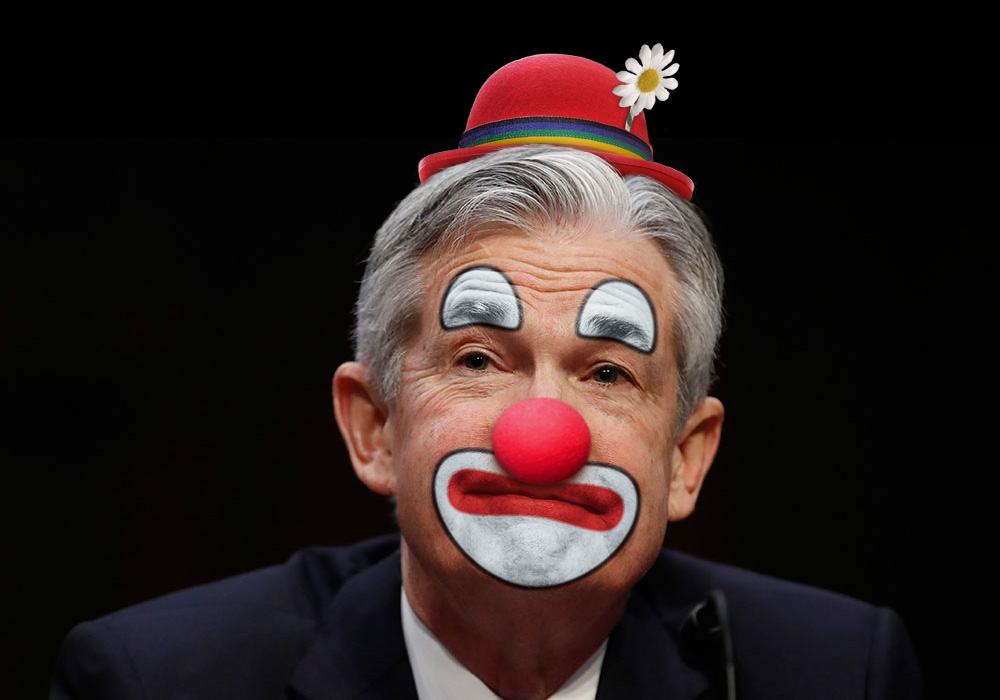As inflation slows it will be “appropriate soon” for the US central bank to slow the pace of interest rate increases, Federal Reserve Vice Chair Lael Brainard said Monday.
Her comments came as red-hot consumer prices, which have squeezed American households, showed signs of easing, and after the Fed delivered a fourth straight super-sized rate hike to cool the economy.
But with inflation still hovering close to the highest level in recent decades, the Fed still has “additional work to do both on raising rates” and tamping down prices, she said in an event with Bloomberg.
The closely-watched consumer price index released last week showed US inflation logged its lowest annual increase since January, fueling hopes that soaring costs will start to pull back.
The US central bank has moved forcefully to lower demand and bring inflation closer to its two percent target, raising the benchmark lending rate six times this year despite fears that it could trigger a recession.
But there is a growing chorus of voices, including some Fed officials, advocating for smaller steps in coming months.
– ‘More deliberate’ –
Brainard acknowledged that policymakers have raised rates “very rapidly” in recent months, and said it will take time for tightening to flow through to the economy.
“By moving forward at a pace that’s more deliberate, we’ll be able to assess more data and be better able to adjust the path of rates to bring inflation down,” she said.
Russia’s war in Ukraine this year has sent food and fuel prices soaring, and the annual inflation rate hit a blistering 9.1 percent in June — its highest in four decades — but slowed to 7.7 percent in October.
“I think the inflation data was reassuring preliminarily,” Brainard said.
Excluding food and energy, officials are also beginning to see some goods prices turn down, and this is a key trend that “will need to continue over the next year,” she added.
– Regulating crypto –
Brainard also weighed in on the fallout from the stunning collapse of cryptocurrency platform FTX, which declared bankruptcy in the United States, expressing the need for regulation in the industry.
The situation at the company has reverberated across the digital currency landscape, and Brainard said it “reinforces” the fact that crypto finance “needs to be under the regulatory perimeter.”
She stressed that digital currencies are “no different than traditional finance in the risks that it exposes investors to” and flagged the need for “regulatory guardrails.”
This could mean bringing some into compliance with existing rules, or in some cases, expanding the reach of financial watchdogs, she said.
Cash-strapped FTX filed for bankruptcy on Friday and its high-profile founder and chief executive Sam Bankman-Fried resigned after Binance, the world’s biggest cryptocurrency platform, scrapped a takeover bid, sending chills across the cryptocurrency world.
FTX until recently was considered the world’s second-largest cryptocurrency platform, at one point valued at $32 billion.









